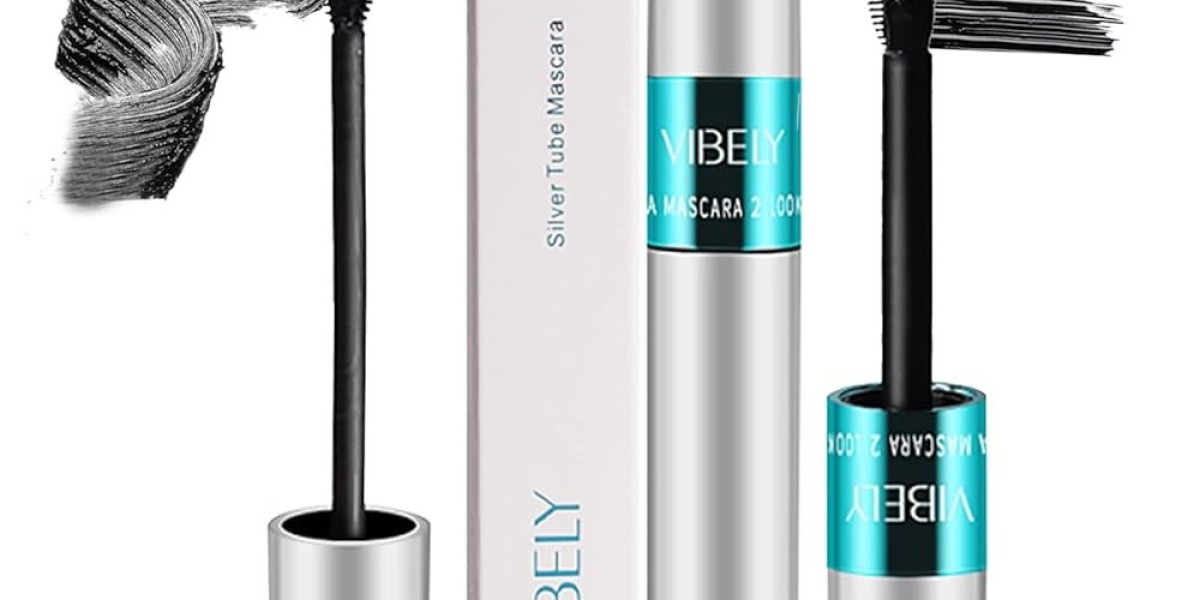In a competitive manufacturing landscape where electrification and lightweight design shape procurement decisions, firms increasingly rely on consistent consumable supply to keep production moving. Within this context Aluminum Mig Wire Manufacturers stand out as strategic partners for companies that need reliable conductor performance. Chinese producers combine upstream raw material access with automated drawing and finishing lines to offer predictable spool characteristics that simplify qualification and reduce shop floor variability.
One core advantage is vertical integration. When alloy sourcing and processing occur within the same group, suppliers reduce the number of handoffs that can introduce inconsistency. This integrated model shortens lead times and gives manufacturers better visibility into composition control. Engineering teams appreciate that consistent chemistry and diameter tolerance translate into predictable weld pool behavior, which in turn reduces rework and enhances throughput on automated and manual cells alike.
Automation and digital control have also transformed production quality. Modern wire drawing systems with closed loop feedback measure tension temperature and dimensional data in real time. These controls keep each spool within narrow specification windows. Inline surface inspection tools detect anomalies early so corrective actions occur before large batches are completed. For fabricators pushing large complex assemblies into market, this level of repeatability matters: it reduces the time and cost of welding procedure qualification and supports smoother scale up from prototype to series production.
Cost competitiveness remains a practical driver for sourcing from established Chinese suppliers. Economies of scale combined with local raw material networks help mitigate spot market swings. Procurement teams benefit from transparent pricing models and volume options that allow them to balance inventory holdings against production schedules. Flexible minimum order sizes and call off arrangements reduce capital tied up in stock while ensuring that critical wire grades are on hand when demand rises unexpectedly.
Technical collaboration is another value add. Forward thinking manufacturers provide application engineering support to help clients match wire grades to joint design and process equipment. This partnership approach speeds troubleshooting when new alloys or thin gauge panels enter production. Field engineers share parameter libraries and best practice guides for torch angles travel speeds and shielding gas selection, helping welders achieve consistent bead appearance and mechanical properties.
Sustainability and circular practices are receiving increased attention across global supply chains. Leading suppliers invest in energy saving measures and scrap recovery systems that feed remelt processes. Recycled aluminum used within qualified alloy recipes reduces embodied energy while maintaining mechanical characteristics. Fabricators seeking to meet procurement policies favor vendors that can document material origin and recycled content, enabling clearer environmental reporting for major projects.
Logistics flexibility complements manufacturing capability. Regional warehousing and cross docking enable quicker response to urgent orders and reduce dependency on long transit lanes. When global events disrupt transit networks, having supplier hubs closer to assembly facilities helps avoid production slowdowns. Clients report that reliable shipment coordination and transparent tracking are as important as material quality when timelines are tight.
Innovation in product form factors creates new use cases. Manufacturers offer fine pitch wires for intricate robotic welding tasks and robust spool formats engineered for continuous high speed feeding in automated cells. Specialized packaging prevents contamination and eases storage in harsh shop environments. These practical details reduce machine downtime and allow welding lines to run at intended cycle rates.
Selecting a partner involves more than price. Fabricators assess production consistency technical support and supply resilience. Engaging early with a supplier on trial orders and qualification tests helps establish the performance baseline needed for launch. Open communication about lead times batch documentation and corrective action procedures builds trust and lowers operational risk.
For teams planning new product introductions or expanding capacity, aligning with a supplier that combines manufacturing scale with transparent processes can be decisive. Suppliers that offer technical collaboration engineered packaging and flexible logistics support help customers navigate volatile markets while advancing product innovation.
To learn more about aluminum MIG wire options and supply services available for industrial projects, explore offerings and technical resources at https://www.kunliwelding.com/product/aluminum-alloy-wire/aluminum-alloy-welding-wire.html . The site provides product specifications and contact pathways to discuss custom requirements and delivery planning with technical representatives.






